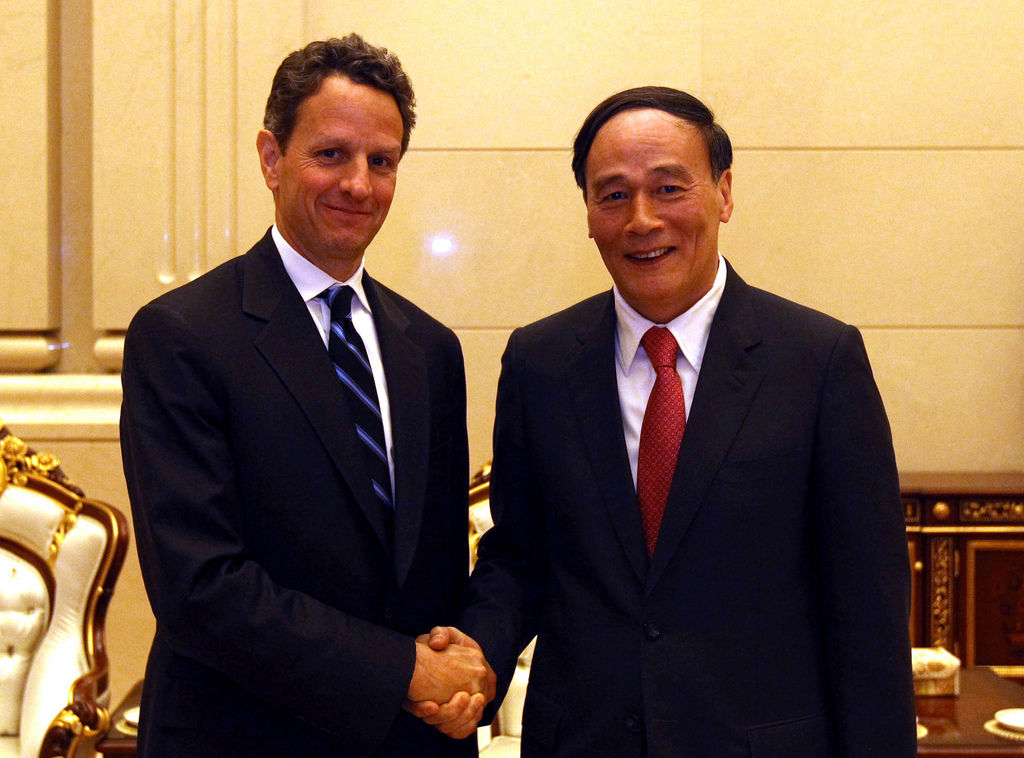

Of the many noteworthy developments from this period, the following three efforts stand out:Īnti-Graft Campaign – With the support of his principal political ally in the PSC, “anticorruption czar” Wang Qishan, Xi launched a remarkably bold national anti-graft campaign. Over the course of his first term, Xi has proven himself to be China’s strongest leader since Deng Xiaoping. Political Prospects and Policy Preferences Their only daughter, Xi Mingze, received her undergraduate degree in psychology from Harvard University (2010–14) and later pursued a graduate program in the same field at a university in Beijing. She served as president of the PLA General Political Department Song and Dance Troupe and president of the PLA Art Institute. Peng is a famous Chinese folksinger who, until recently, served in the People’s Liberation Army (PLA) at the rank of major general. Xi’s current wife, Peng Liyuan, is from his second marriage. His ex-wife, Ke Lingling, is the daughter of Ke Hua, former PRC ambassador to the United Kingdom, where Ke Lingling now lives. Xi’s first marriage produced no children. Xi Jinping is widely considered to be a protégé of both former PRC president Jiang Zemin and former PRC vice-president Zeng Qinghong. Xi is a princeling he is the son of Xi Zhongxun, a former Politburo member and vice-premier who was one of the architects of China’s Special Economic Zones in the early 1980s 2. He was first elected to the Central Committee as an alternate member at the 15th Party Congress in 1997. Xi was reelected as general secretary of the CCP and chairman of the CMC at the 19th Party Congress in October 2017, and then as president of the PRC at the 13th National People’s Congress in March 2018. Xi was in charge of preparations for both the 2008 Summer Olympics in Beijing and the 2009 celebrations commemorating the sixtieth anniversary of the founding of the PRC. He also served as president of the Central Party School (2007–12), the most important venue for training officials and ideological/policy research in the CCP. In March 2008, he was elected PRC vice-president (2008–13). Seven months later, he was transferred to Beijing to serve as a Politburo Standing Committee member (2007–present) and executive secretary of the Secretariat of the CCP Central Committee (2007–12). In March 2007, Xi was appointed party secretary of Shanghai.

After his time in Fujian, Xi served as governor of Zhejiang Province (2002) and party secretary of Zhejiang Province (2002–07). Subsequently, Xi served as deputy secretary and then secretary of Zhengding County, Hebei Province (1982–85), and thereafter in Fujian Province as executive vice-mayor of Xiamen City (1985–88), party secretary of Ningde County (1988–90), party secretary of Fuzhou City (1990–96), deputy party secretary of Fujian Province (1996–99), governor of Fujian Province (1999–2002). Xi received his undergraduate education in chemical engineering from Tsinghua University in Beijing (1975–79) and later graduated with a doctoral degree in law (Marxism) from the Institute of Humanities and Social Sciences at Tsinghua University (via part-time studies, 1998–2002).Įarly in his career (1979–82), Xi served as a personal secretary (mishu) to Geng Biao, then minister of defense. Xi was a “sent-down youth” at an agricultural commune in Yanchuan County, Shaanxi (1969–75) 1. His ancestral home is Fuping County, Shaanxi Province. Xi Jinping was born on June 15, 1953, in Beijing.
WANG QISHAN FULL
WANG QISHAN PDF
More information Download Profile as PDF Xi Jinping 习近平


 0 kommentar(er)
0 kommentar(er)
